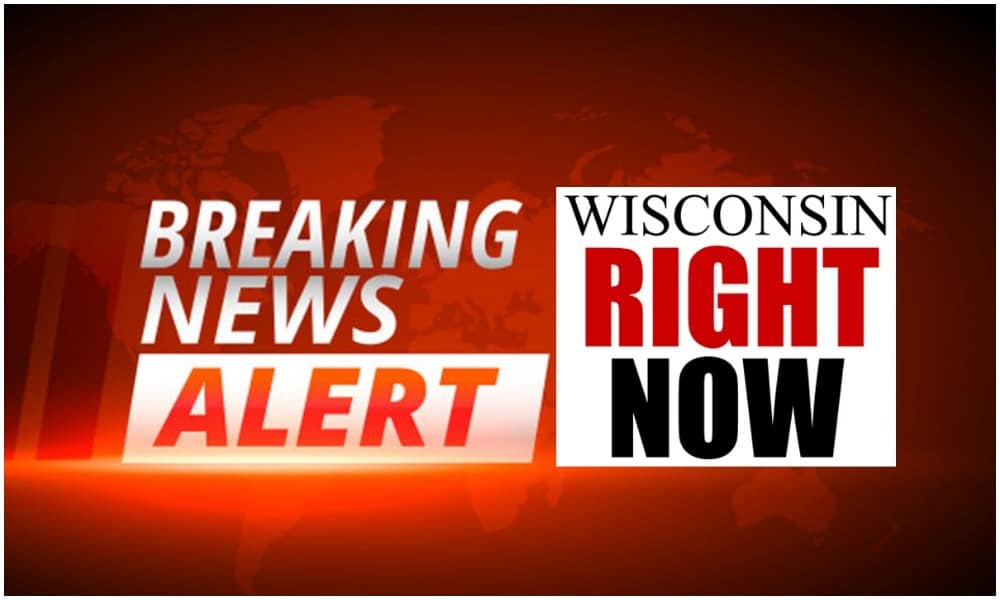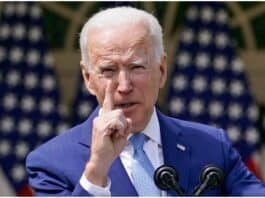(The Center Square) – U.S. Sen. Bill Cassidy on Tuesday joined a “bipartisan, bicameral coalition” of lawmakers to announce a $908 billion COVID-19 aid package they hope can pass both chambers before the end of the year.
The proposal faces long odds because Senate Majority Leader Mitch McConnell supports a smaller package that he says outgoing President Donald Trump would be more likely to sign.
“Republicans and Democrats in both chambers got much of what we wanted, and neither got everything we wanted,” Cassidy said. “That combination reflects what Congress is supposed to do: reconcile priorities and deliver for the American people.”
The proposal would fund emergency relief efforts from Dec. 1 through March 31, lawmakers said. Of the $908 billion total, more than $500 billion is repurposed from previously allocated funding from the CARES Act, including $160 billion for state and local governments, $180 billion to give workers $300 per week in additional unemployment benefits, and $288 billion for small businesses through the Paycheck Protection Program and specific provisions for restaurants and music venues.
The coalition also wants to spend $16 billion for vaccine distribution, testing and contact tracing, distribute $82 billion to education and put $45 billion into transportation. It would allocate $25 billion for rental assistance, $10 billion for child care and $10 billion for rural broadband.
The proposal would not include another direct payment to most Americans similar to the $1,200 checks distributed earlier this year.
Senators Joe Manchin (D-West Virginia), Susan Collins (R-Maine), Mark Warner (D-Va.), Lisa Murkowski (R-Alaska), Jeanne Shaheen (D-N.H.), Angus King (I-Maine) and Maggie Hassan (D-N.H.) all are on board, according to Cassidy’s office. U.S. Representatives Tom Reed (R-N.Y.) and Josh Gottheimer (D-N.J.) are leading efforts in the House of Representatives.
Programs meant to prop up the economy during the COVID-19 pandemic and response, including extended unemployment benefits and eviction protections, expire at the end of the year, creating urgency among lawmakers to act during the lame-duck session.
But the new proposal may not even get a vote. Leaders of the Democrat-majority House of Representatives and Republican-controlled Senate reportedly have not met since the presidential election ended Nov. 3. McConnell supports an aid package worth about $500 million, while House Speaker Nancy Pelosi backs a $2.2 trillion aid bill.
The proposal Cassidy backs reportedly includes COVID-19 liability protections for businesses that Democrats do not support. Some Republicans have balked at sending more money to state and local governments.
The text of the bipartisan bill was not immediately available Tuesday afternoon. The list of spending proposals, according to Cassidy’s office, includes:
$160 billion for state, local and tribal governments$180 billion for additional unemployment insurance ($300 per week)$288 billion for small business support through the Paycheck Protection Program (PPP) and specific provisions for restaurants and music venues.$12 billion in community lender support$45 billion for transportation (airlines, airports, buses, transit and Amtrak)$16 billion for vaccine development and distribution, testing and contact tracing$35 billion for the Health Care Provider Relief Fund$82 billion for education$4 billion for student loans$25 billion for housing/rental assistance$26 billion for nutrition and agriculture, including support for fisheries$10 billion for the U.S. Postal Service$10 billion for child care$10 billion for rural broadband Internet$5 billion for opioid treatment.
By David Jacobs | The Center Square
Go to Source
Reposted with permission









